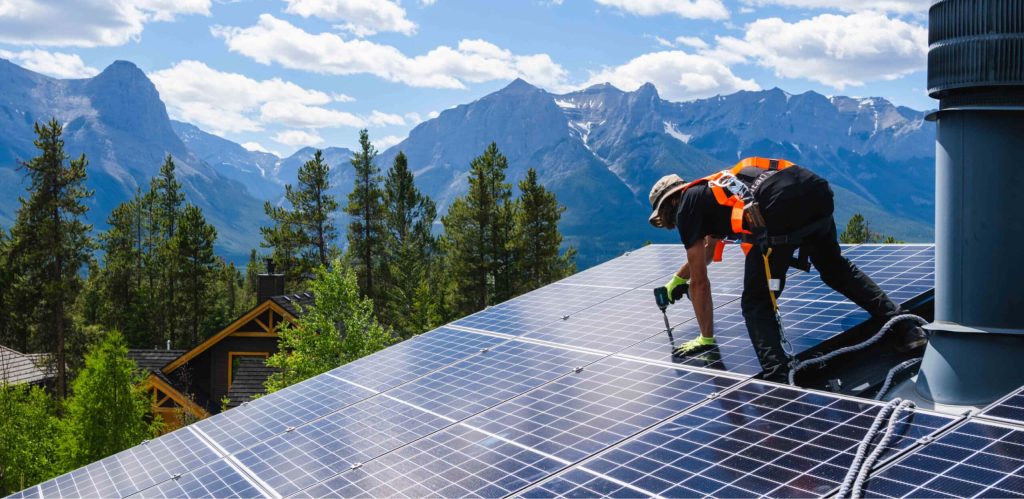Investing in solar energy for your home is a significant decision that can provide numerous benefits, including cost savings, energy independence, and environmental sustainability. However, one of the most common barriers to adopting solar energy is the upfront cost of installation. Fortunately, there are several financing options available to help homeowners overcome this hurdle and make solar energy more accessible and affordable. In this blog post, we’ll explore some of the most popular solar financing options and how to find the right fit for your budget.1. Solar LoansSolar loans are a popular financing option for homeowners looking to install solar panels on their property. These loans typically offer competitive interest rates and flexible repayment terms, allowing homeowners to spread the cost of installation over time. With a solar loan, you own the solar panels outright and are eligible to receive any incentives or tax credits associated with solar ownership. Additionally, many solar loan programs offer low or no down payment options, making them accessible to a wide range of homeowners.2. Solar LeasesSolar leases allow homeowners to “rent” solar panels from a solar company in exchange for a fixed monthly payment. With a solar lease, the solar company owns and maintains the solar panels, while the homeowner benefits from reduced electricity bills. Solar leases are an attractive option for homeowners who may not have the upfront capital to purchase solar panels outright or who prefer a hassle-free option with no maintenance responsibilities. However, it’s essential to carefully review the terms of the lease agreement, including escalator clauses and buyout options, to ensure it aligns with your long-term goals.3. Power Purchase Agreements (PPAs)Power purchase agreements (PPAs) are similar to solar leases but involve paying for the electricity generated by the solar panels rather than the panels themselves. With a PPA, the solar company installs, owns, and maintains the solar panels, while the homeowner agrees to purchase the electricity generated by the panels at a predetermined rate. PPAs typically offer lower electricity rates than traditional utility rates, providing immediate cost savings for homeowners. However, like solar leases, it’s essential to review the terms of the PPA carefully and understand any long-term commitments or escalator clauses.4. Cash PurchaseFor homeowners with the financial means to do so, cash purchase is often the most cost-effective option for installing solar panels. By paying for solar panels upfront, homeowners can take advantage of available incentives and tax credits, maximize long-term savings, and eliminate monthly payments. While the initial investment may be higher than other financing options, cash purchase offers the greatest return on investment over time and provides homeowners with complete ownership and control over their solar energy system.5. Home Equity Loans or Lines of CreditHome equity loans or lines of credit can be used to finance solar installations by leveraging the equity in your home. These financing options typically offer lower interest rates than unsecured loans and may be tax-deductible, making them an attractive option for homeowners seeking to minimize borrowing costs. With a home equity loan or line of credit, you can borrow against the value of your home to fund solar projects, spreading the cost of installation over a longer repayment term.6. Government Incentives and Tax CreditsIn addition to traditional financing options, there are various government incentives and tax credits available to help offset the cost of solar installations. These incentives can significantly reduce the upfront cost of solar panels and increase the overall return on investment. Federal tax credits, state rebates, and local incentives can provide substantial savings for homeowners investing in solar energy. Be sure to research available incentives in your area and consult with a qualified tax professional to maximize your savings.In conclusion, navigating solar financing options requires careful consideration of your financial situation, goals, and preferences. Whether you choose a solar loan, lease, PPA, cash purchase, home equity financing, or government incentives, finding the right fit for your budget is essential to maximizing the benefits of solar energy for your home. By exploring your options, understanding the terms and conditions, and consulting with a qualified solar professional, you can make an informed decision that aligns with your needs and goals for a brighter, more sustainable future.

